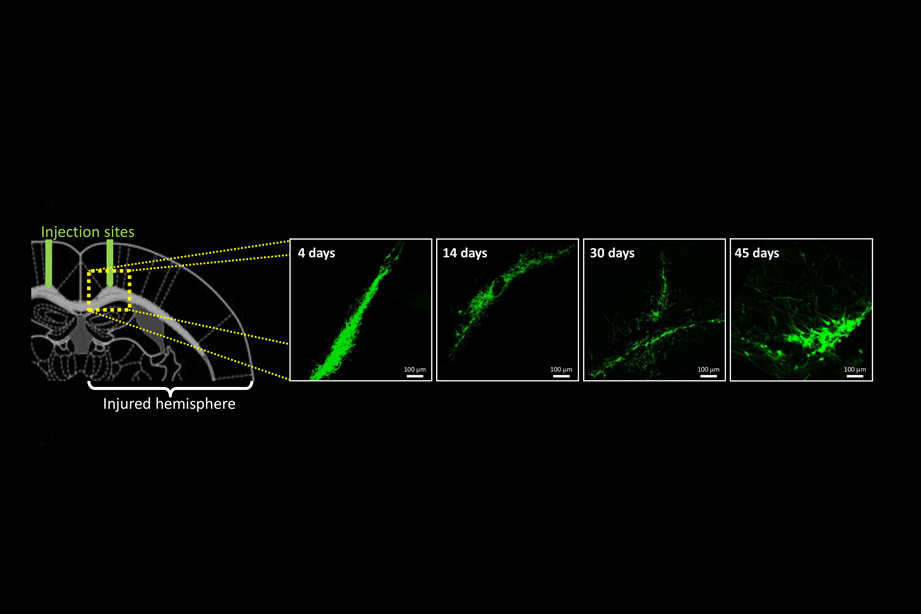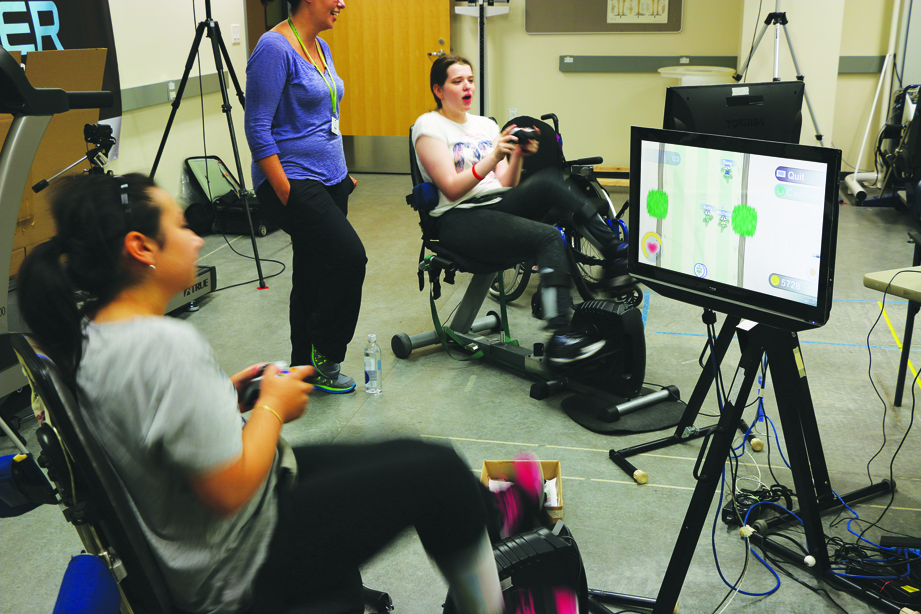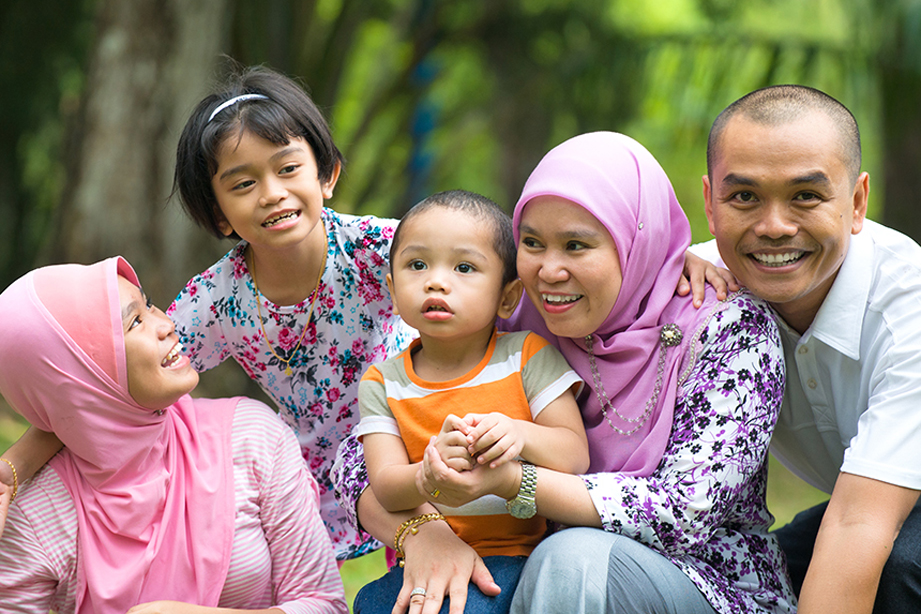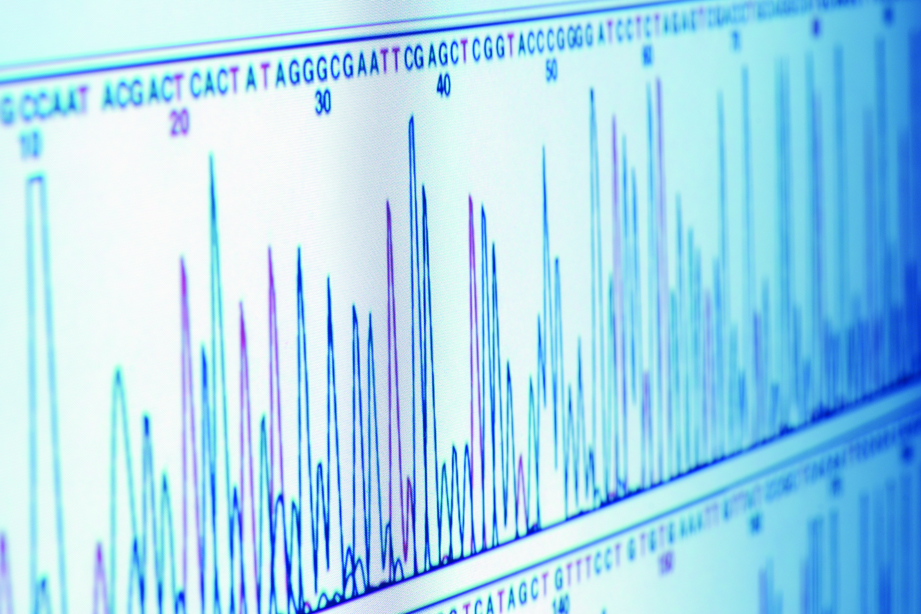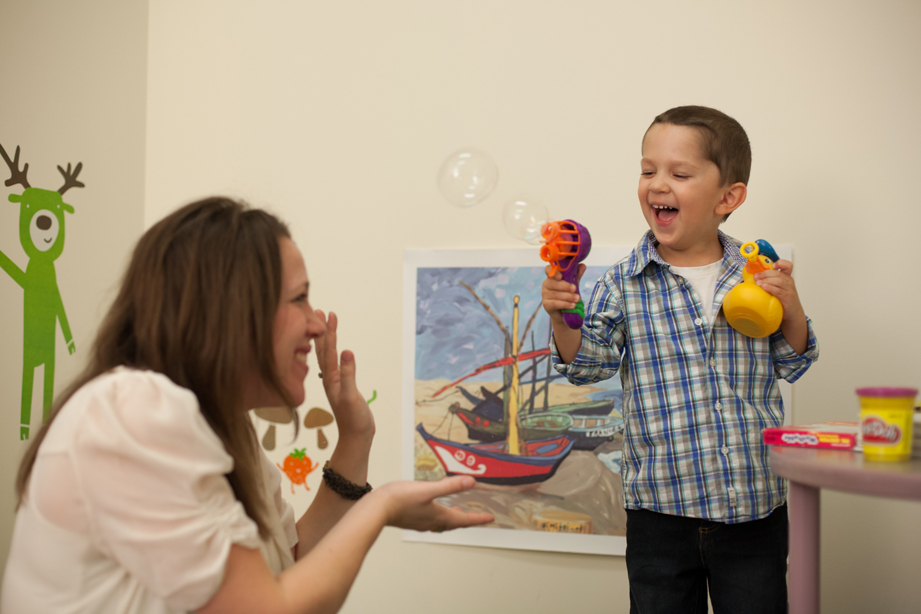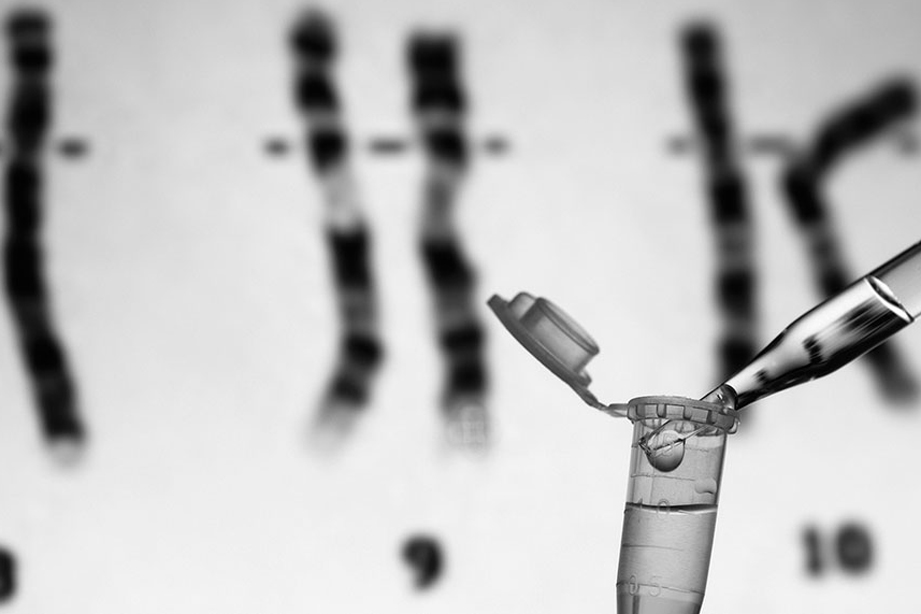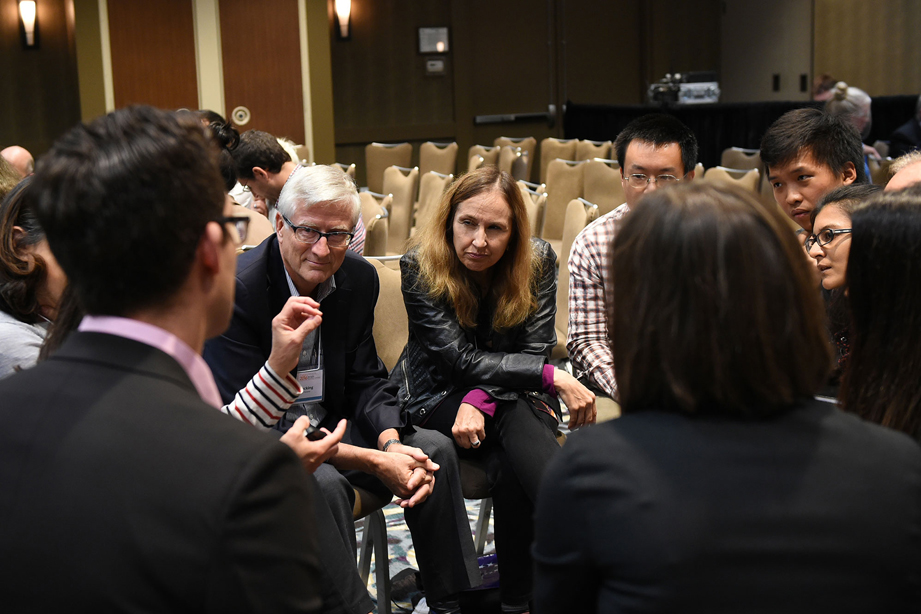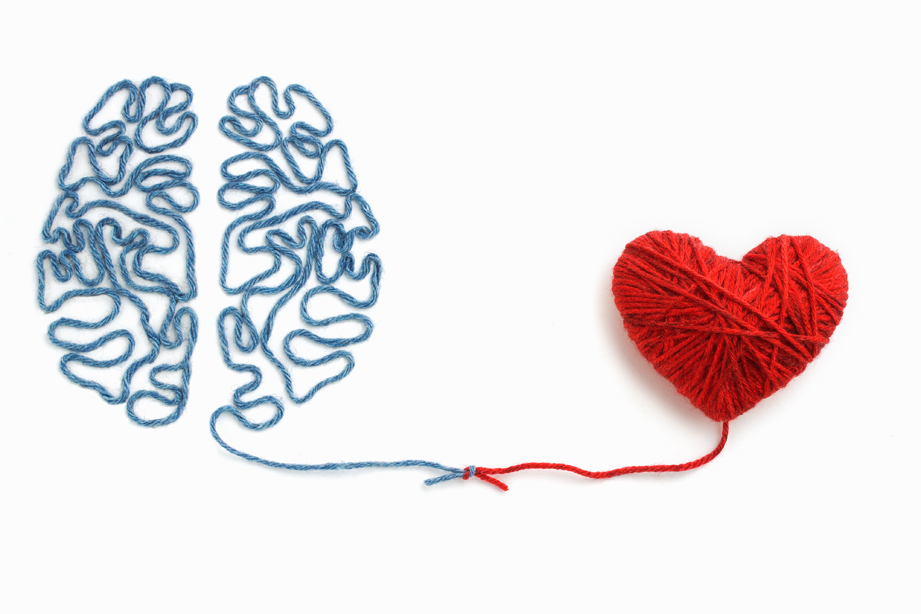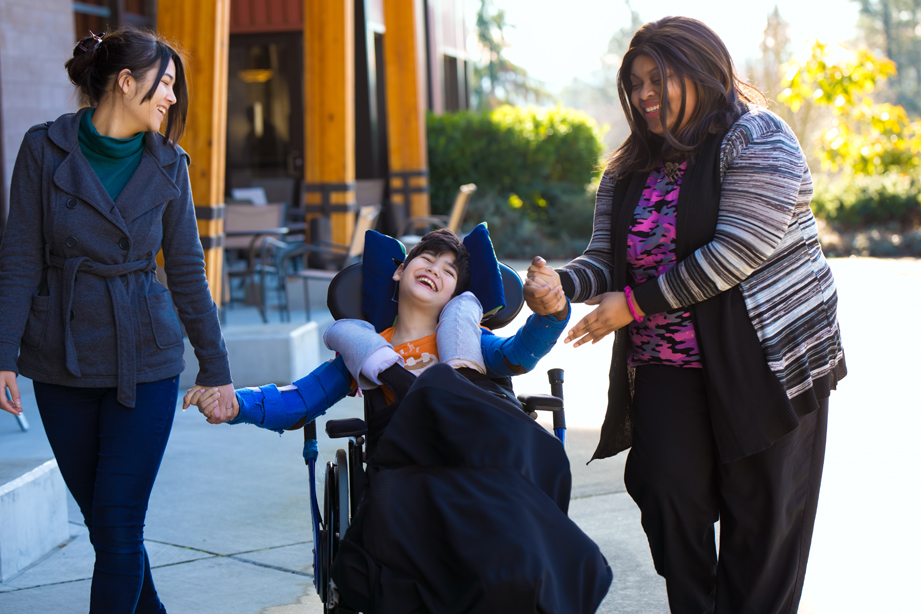Through its 13-year history, KBHN has established a track record as an internationally recognized evidence-based multidisciplinary network that generates and mobilizes critical knowledge and innovation most relevant to communities and families. Working with partner organizations, KBHN research teams have created numerous innovation outputs, including policy documents, commercial products, copyrights, license agreements, new clinical practice guidelines, and training packages.
The initial Cycle III research projects were identified based on evidence of efficacy and the presence of appropriate implementation partners. Each project was provided with support from KBHN central administration in the principles of implementation science, an emerging and rapidly evolving field which focuses on how effective interventions are disseminated and implemented across the spectrum of contexts and settings in order to become embedded into routine practice to improve individual and population health.
Funded through a competitive application process based on the probability of achieving impact through research excellence, five New Implementation Projects (IPs) were selected from KBHN’s pipeline of research that originated in Cycle II.
KBHN conducted an open competition for new research initiatives under the umbrella of the Strategic Investment Fund (SIF) which resulted in 21 submissions, from which the five strongest applications were funded through a highly competitive process. Importantly, the SIF projects were required to bring external partner financial support that matched the NCE contribution at least 1:1, and also include family/patient stakeholders as members of the research team.
Previously funded projects overview
Cycle I – Building the Network
The Kids Brain Health Network (KBHN) was established in 2010 as an interdisciplinary network of researchers and clinicians to address fundamental questions of early brain development with the specific goal of mobilizing this knowledge to improve the lives of children living with neurodevelopmental disabilities and their families. The initial research projects funded by KBHN focussed on the interaction between genes and the environment. This knowledge has led to a better understanding of the origins of three highly prevalent neurodevelopmental disabilities, namely Autism Spectrum Disorder (ASD), Cerebral Palsy (CP), and Fetal Alcohol Spectrum Disorder (FASD).
In mid-Cycle I, a Strategic Advisory Committee of stakeholders knowledgeable about research, training, and knowledge translation supported a board-led strategic planning process. This process’s key outcome was to shift the focus of KBHN’s research programs toward application-based research.
Cycle II – Strengthening Connections
Cycle II was characterized by incorporating new cross-cutting themes that expanded the scope of the Network’s activities. More specifically, to promote change for children with neurodevelopmental disabilities and their families, attention was focused on the child’s critical role and family’s social environment as a predictor of outcomes. Also, new initiatives were introduced to address issues that are common across virtually all neurodevelopmental disabilities. These include comorbidities such as sleep disruption and the fragmented systems of support that families struggle to navigate.
World-Renowned FASD Database
Challenge There are still a lot of unknowns when it [...]
Screening and Intervention for Infants in Foster Care
Challenge A gap exists in policy and practice within child [...]
Connecting Families with FASD Resources
Challenge When a child receives an FASD diagnosis, families are [...]
Transplantation of Neural Stem Cells Therapy
Challenge For most children with cerebral palsy (CP), their condition [...]
National Trials in Rehabilitation: Liberi-Exergame & dCTS Trials
Challenge New therapies for individuals with cerebral palsy (CP) with [...]
Finding New Ways to Identify and Diagnose FASD in Young Children
Challenge The process of receiving an FASD diagnosis is costly [...]
Eye Movements to Screen for FASD
Challenge Children often wait a long time for an FASD [...]
Evaluating Learning and Attention-Related Comorbidities in ASD
Challenge Children on the autism spectrum commonly face learning and [...]
Genomic and Epigenetic Factors That Influence Development and Outcomes in ASD
Challenge Parents of children with Autism Spectrum Disorder (ASD) have [...]
Social ABCs Community Translation and Dissemination
Challenge Once one can confirm the diagnosis of Autism Spectrum [...]
Guiding Self-Regulation in Adolescents with FASD
Challenge Self-regulation is the ability to attain, change, or maintain [...]
Epigenetic Advances Could Aid in Development of FASD Diagnostic Tool
Challenge The study of epigenetics—how the environment influences gene expression—is [...]
Developing a New Tool to Screen for FASD
Challenge Children usually aren’t diagnosed with FASD until they are [...]
The Family Engagement Core: Making a Difference to Families Caring for Children with Neurodevelopmental Disorders
Challenge Many families of children with neurodevelopmental disabilities (NDDs) don’t [...]
Knowledge Translation: Maximizing the Impact of Research and Training in Neurodevelopmental Disorders
Challenge Whereas children and families affected by neurodevelopmental disorders have [...]
The Neuroethics Core: Action- and Solution-Oriented Best Practices
Challenge Persons in research institutions, hospitals and governments make decisions [...]
The Neuroethics Core: Cross-Cultural Issues in Neurodevelopmental Disabilities
Challenge The words we use to describe disabilities reflect and [...]
The Neuroethics Core: Raising Awareness of Ethical Issues in Neurodevelopmental Disabilities
Challenge Researchers from Kids Brain Health Network (KBHN)’s neuroethics core [...]
The Neuroinformatics Core: Multimodal Neuroinformatics for the Study of Human Neurodevelopment
Challenge Researchers across the world have collected vast amounts of [...]
Neurodisabilities: Canadian Prevalence
Challenge The prevalence of childhood neurodisability in Canada was previously [...]
Navigation Resource Project
Challenge Findings from the Social Determinants of Health Program’s “Support [...]
The Family Engagement Core: Family Engagement in Research Course Development
Challenge By involving family members of children with neurodevelopmental disabilities [...]
‘Support Matters!’ Project
Challenge While there has been a great deal of research [...]
The Canadian Action Framework for Social Change
Challenge There has historically been a lack of understanding of [...]




